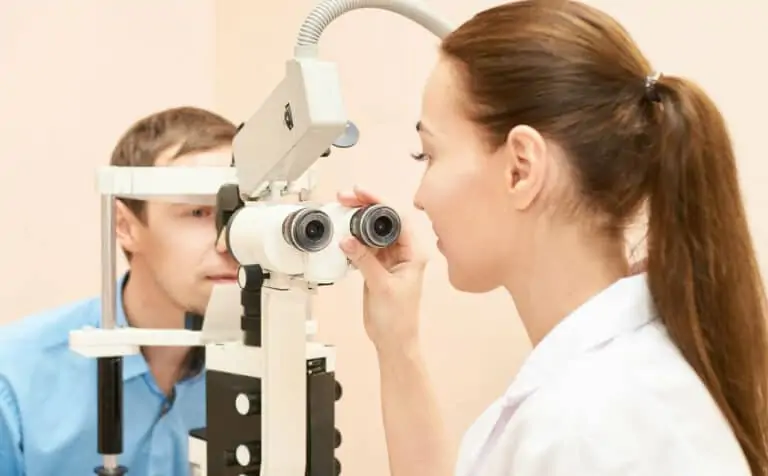The cornea is the clear tissue at the front and center of the eye. Its clarity permits light to pass into the eye, through the pupil and on to the retina at the back of the eye. Its curvature focuses or refracts the light.
There are several conditions that can affect the cornea, including infections (such as bacterial or viral keratitis), trauma, genetic disorders, degenerative disorders, autoimmune disorders, nutrition deficiencies, allergies, dystrophies and ectatic disorders (such as keratoconus), inflammatory diseases, and growths.
The cornea can also be damaged secondarily by other eye conditions such as tear film abnormalities and dry eye, eyelid disorders, and glaucoma.
Blurred vision occurs whenever a disease affects either the clarity or the curvature of the cornea. Pain, sometimes quite severe, occurs if the illness affects the nerves in and near the cornea. Trauma resulting in cuts or abrasions of the cornea may also cause pain.
Treatment of Corneal Disorders
Irritation and light sensitivity are common symptoms in many disorders affecting the surface of the cornea. Treatment is tailored to the individual disease and the individual patient. The underlying problem and contributing problems need to be addressed. Treatments might include medications, laser treatment or surgery, depending on the condition.
Depending on the nature of the corneal disease, complications could include vision loss or chronic pain. It is important to discuss the natural course of the condition with your doctor and review treatment options to minimize complications.
In some instances, corneal diseases are preventable. Glasses and sunglasses with 100% ultraviolet block can minimize damage from the sun’s rays, including pingueculae, pterygium, and eye surface cancers (carcinomas).
Avoiding Corneal Damage
Following directions about the appropriate use and care of contact lenses can help avoid corneal damage. Safety glasses protect against many types of trauma. A healthy diet with plenty of omega-3-fatty acids and sufficient vitamin A are especially important for maintaining a protective tear film layer. Regular eye examinations can detect certain conditions in their earliest stage when they might be most easily treated.

